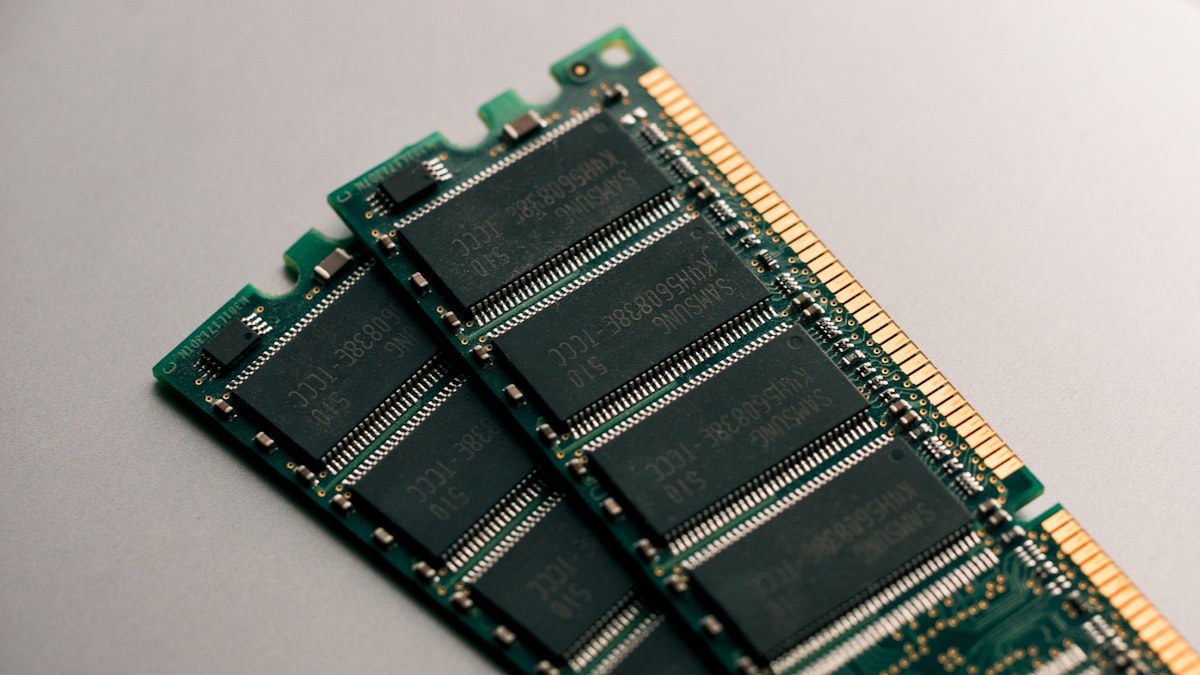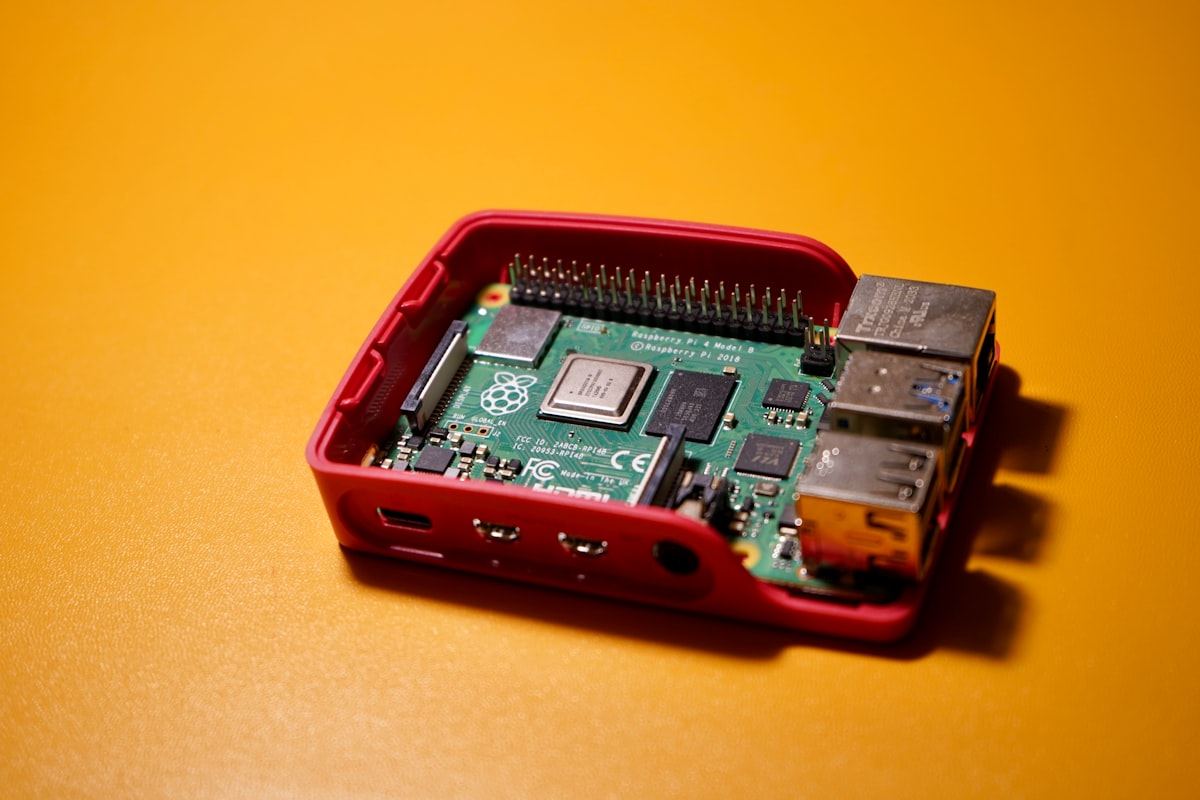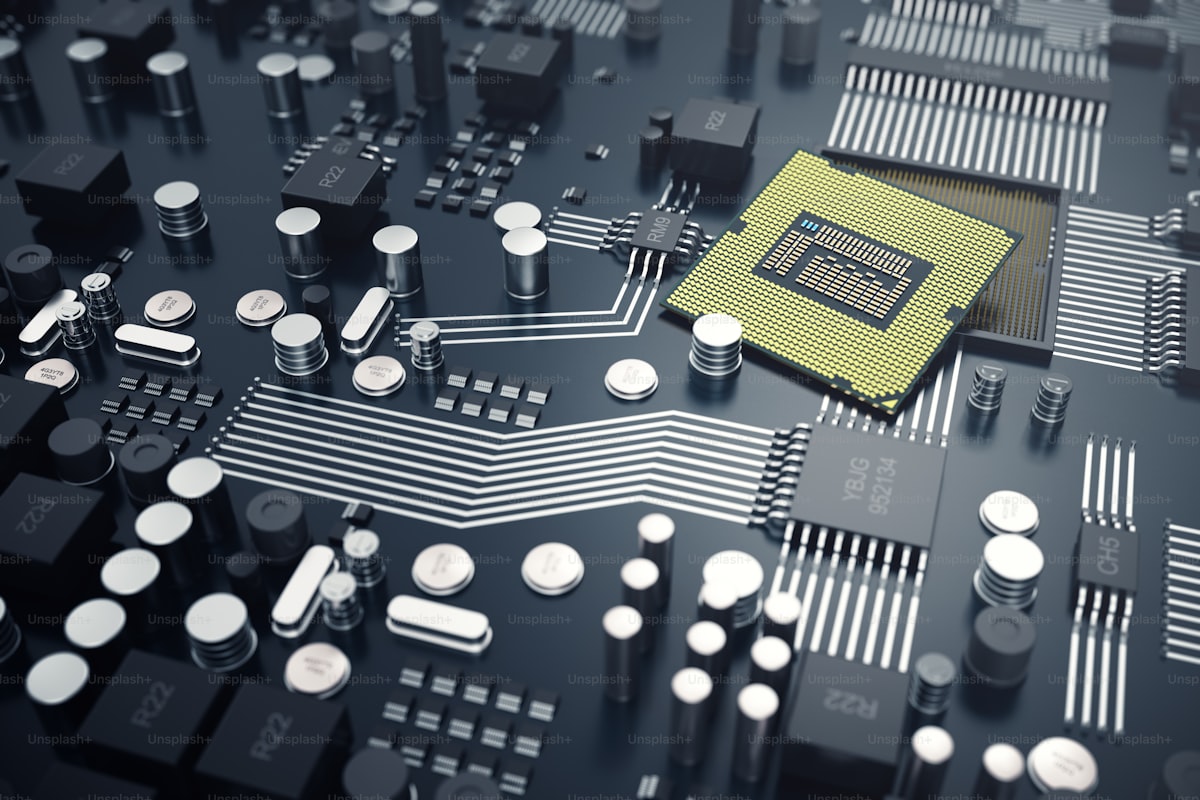RAM, or Random Access Memory, is a critical component of any computer system. It serves as temporary storage for data and instructions that the CPU (Central Processing Unit) needs to access quickly. Below are some of the key benefits of RAM in computers:
1. Speed and Performance:
One of the primary functions of RAM is to provide fast access to data for the CPU. Unlike storage devices such as hard drives or SSDs (Solid State Drives), which have relatively slow access times, RAM can deliver data to the CPU almost instantly. This high-speed access allows for faster program execution, smoother multitasking, and improved overall system responsiveness.
2. Multitasking:
RAM enables computers to handle multiple tasks simultaneously without significant slowdowns. When you open multiple applications or browser tabs, each program requires memory to store its data and instructions. Sufficient RAM ensures that the computer can allocate enough memory to each task, allowing you to switch between applications seamlessly and work more efficiently.
3. Application Performance:
Many modern applications, especially resource-intensive ones like video editing software or video games, require large amounts of RAM to run smoothly. Having an adequate amount of RAM ensures that these applications can load and operate without experiencing performance issues such as lagging, freezing, or crashing. In gaming, for example, more RAM can lead to higher frame rates, smoother gameplay, and shorter loading times.
4. Virtual Memory Management:
RAM plays a crucial role in managing virtual memory, which is a combination of RAM and storage space (usually on a hard drive or SSD). When the available RAM is insufficient to hold all the data and instructions needed by running applications, the operating system uses a technique called virtual memory paging to transfer data between RAM and storage. Having enough RAM minimizes the need for virtual memory paging, which can significantly improve system performance.
5. Future-Proofing:
As software applications become more sophisticated and resource-intensive over time, the demand for RAM continues to grow. Investing in more RAM than you currently need can help future-proof your computer and ensure that it remains capable of handling upcoming software updates and releases. Upgrading RAM is often a cost-effective way to extend the lifespan of a computer and delay the need for a full system replacement.
6. Enhanced Productivity:
Adequate RAM allows users to work more efficiently by reducing waiting times and minimizing disruptions. With more RAM, you can open and switch between applications quickly, run complex software smoothly, and handle larger datasets without experiencing performance bottlenecks. This increased productivity can translate into time savings and improved workflow, especially in professional settings.
7. Stability and Reliability:
Insufficient RAM can lead to system instability and crashes, especially when running memory-intensive tasks or applications. By ensuring that your computer has enough RAM, you can enhance its stability and reliability, minimizing the risk of unexpected shutdowns or errors. This is particularly important for users who rely on their computers for critical tasks such as work, gaming, or multimedia production.
In conclusion, RAM plays a crucial role in determining the speed, performance, and reliability of computer systems. Investing in sufficient RAM can lead to faster application performance, smoother multitasking, and improved overall user experience. Whether you’re a casual user, a professional, or a gamer, having an adequate amount of RAM is essential for getting the most out of your computer.







